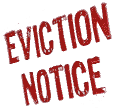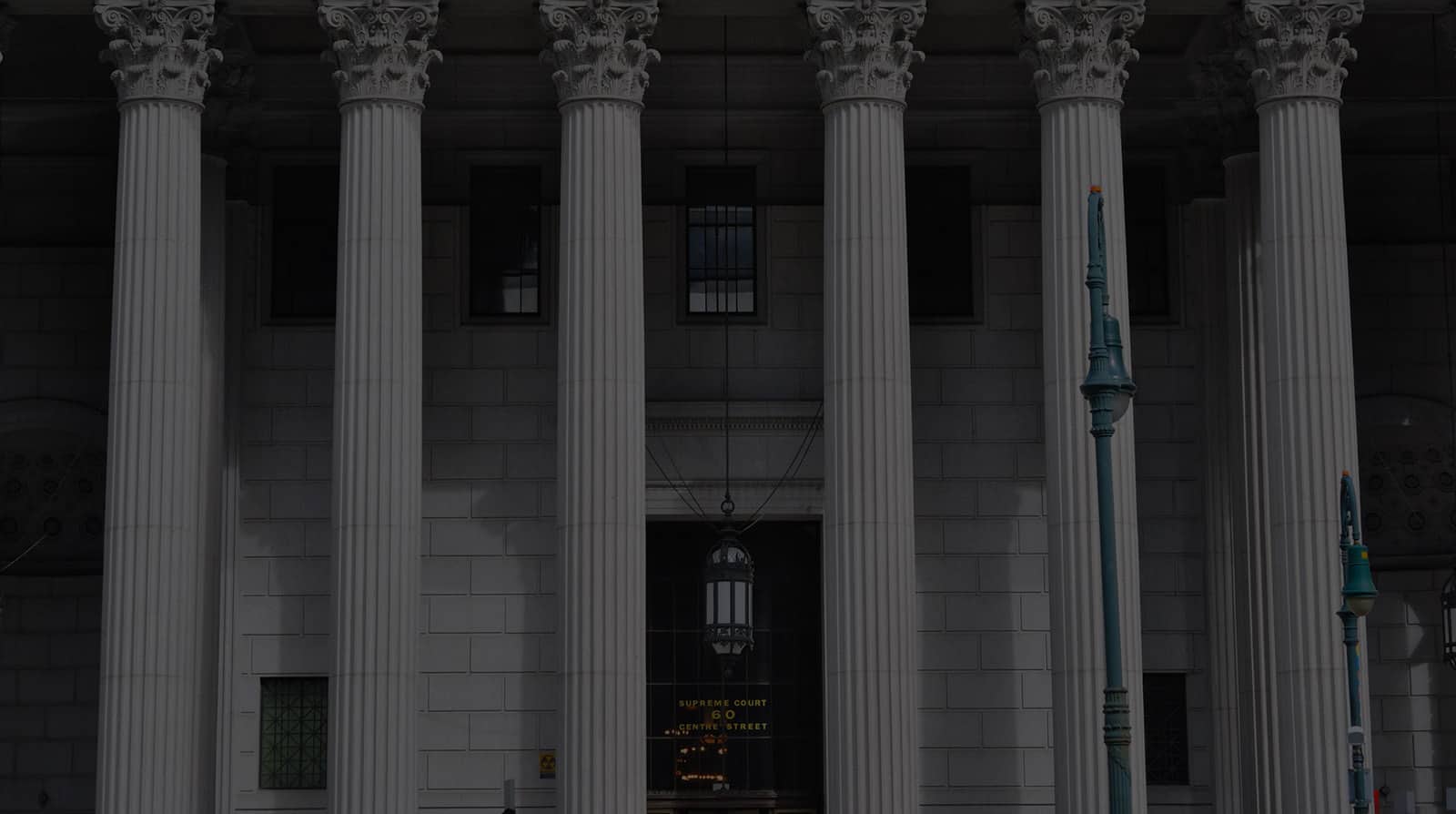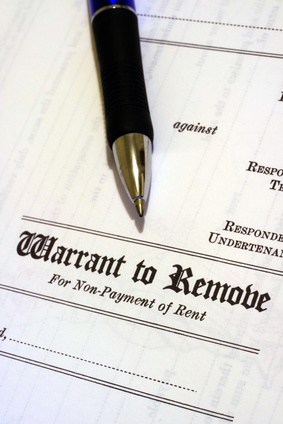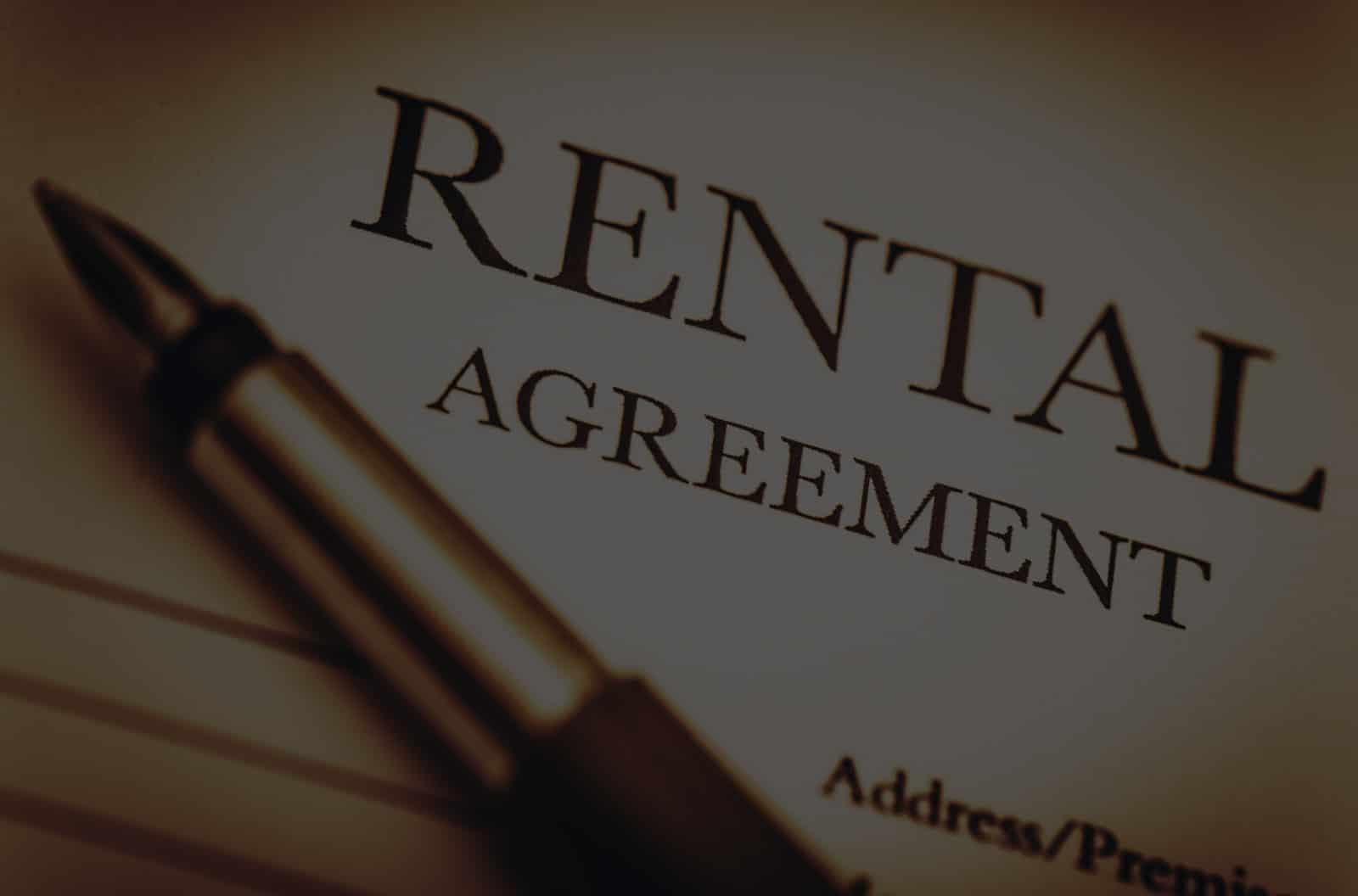
- In Long Island landlord tenant proceedings, judges have the least amount of discretion to save a defective petition in a holdover proceeding or non-payment proceeding. This is because Long Island landlord tenant proceedings are almost entirely regulated by statute, and as such, any defect in the non-payment petition or holdover petition must result in its non-acceptance or dismissal. So be sure you have fulfilled all of the landlord tenant court’s requirements before serving your holdover proceeding or non-payment proceeding petition.
- You must know the type of eviction proceeding you wish to bring (either a holdover proceeding or a non-payment proceeding), and your court’s rules for each. (A non-payment proceeding is brought to evict a tenant because he or she has failed to pay rent despite the landlord’s demand for payment; a holdover proceeding is brought to evict a tenant where the primary goal is to remove the tenant, and non-payment of rent is not the primary reason for the eviction).
- You generally cannot bring a holdover proceeding if you have a written lease with your tenant unless they violated one of the terms of the written lease.
- If you are bringing a holdover proceeding (which is commenced by a notice of petition and a petition), the notice of petition MUST be issued by an attorney, a judge, or a court clerk. A notice of petition in a holdover proceeding CANNOT be issued by you, the landlord (See Real Property Actions and Proceedings Law 731[1]). If your notice of petition in your holdover proceeding is not issued by an attorney, a judge, or a court clerk, the court will either refuse to accept your petition, or will dismiss your petition as defective on the return date.
- If you are evicting your tenant via a holdover proceeding, you are required to properly serve a 30 day notice before you serve your notice of petition and petition.
- For holdover proceedings, you must use specific language in your 30 day notice in accordance with the requirements of the New York Real Property Actions and Proceedings Law, or your holdover petition will be dismissed by the court. So finding a generic 30 day notice form on the internet will most likely be insufficient to satisfy the court’s requirements. You can refer to the New York State Real Property Actions and Proceedings Law to review the specific language and procedures required for holdover proceedings.
- Since you are a party to the action (you are the landlord, or the petitioner), you cannot serve the 30 day notice in your holdover proceeding yourself. The 30 day notice must be served by a non-party, usually a process server, and the 30 day notice in a holdover proceeding must be served in the same exact manner as the notice of petition and the petition. (The time and manner of service of the 30 day notice in a holdover proceeding is also strictly regulated by statute, and even the slightest deviation from what the law requires will result in the dismissal of your petition).
To learn more about your holdover proceeding or non-payment proceeding, call our office and speak with a landlord tenant attorney for free. (631) 747-0356







